When did PlayStation stop believing in generations?
PlayStation sold PS5 on the promise of next-gen exclusives, making its U-turn all the more difficult to comprehend
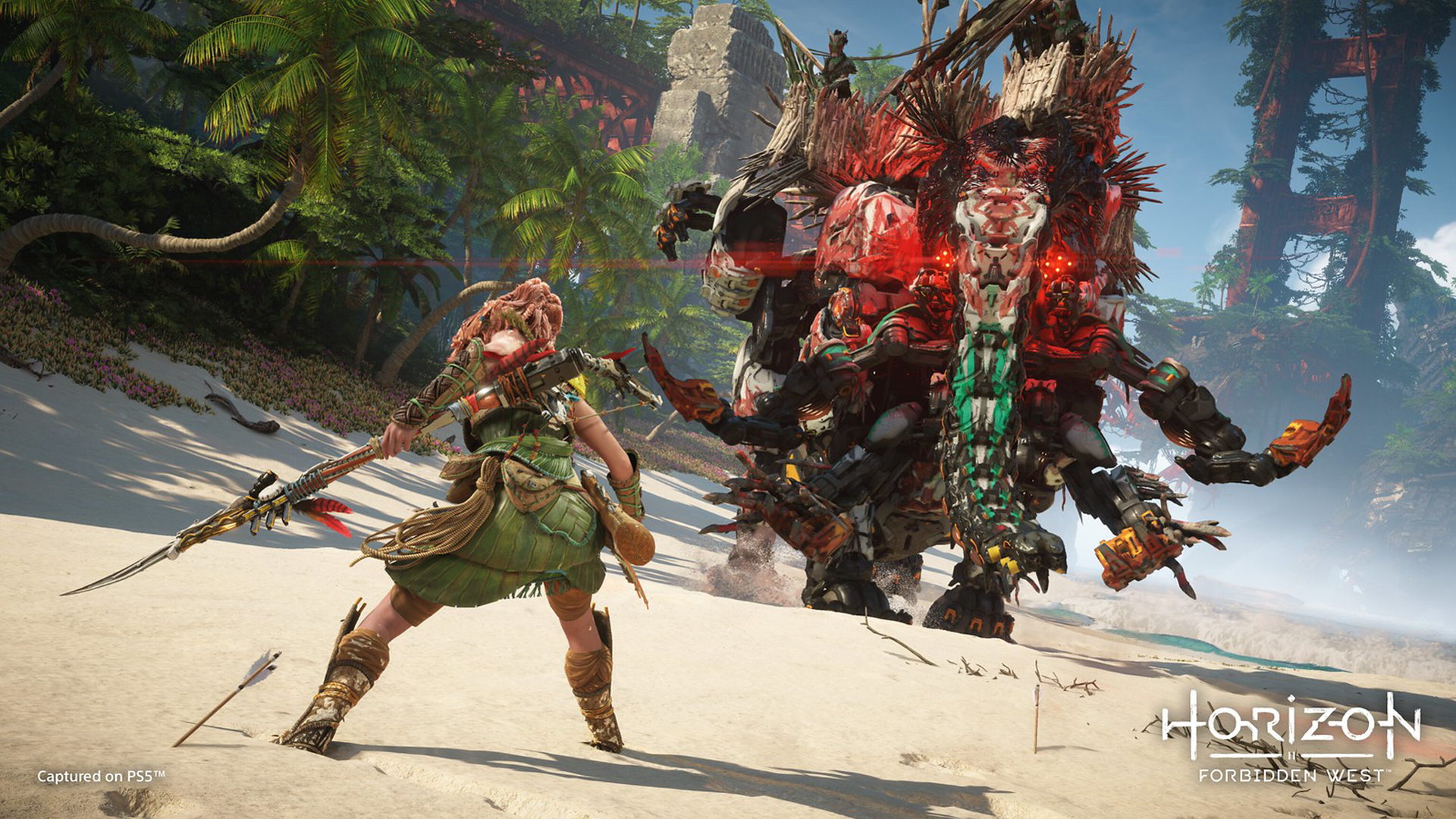
Let's clear something up: There's nothing inherently wrong with God of War 2, Gran Turismo 7, and Horizon Forbidden West coming to PS4 in addition to PS5. There's nothing wrong with cross-generation games at all, in fact, especially if it means more people can play them at a time when new-gen systems are extremely difficult to get ahold of.
Instead, the concern is how this new revelation reflects on Sony's credibility, who spent much of 2020 making it very clear that those who made the day one investment in PS5 would be rewarded with exclusive software that harnessed the console's next-gen processing power. For proof, just look back to 12 months ago, when Sony president and CEO Jim Ryan was asked by Gamesindustry.biz whether PlayStation would follow in Xbox's footsteps, and make future exclusives available across all of its platforms.
"We have always said that we believe in generations," he answered, touting a line that many other Sony execs would repeat in the lead up to the PS5's launch. "We believe that when you go to all the trouble of creating a next-gen console, that it should include features and benefits that the previous generation does not include. And that, in our view, people should make games that can make the most of those features. [...] It is time to give the PlayStation community something new, something different, that can really only be enjoyed on PS5."
Less than one year into the console's life cycle, and it feels like that list of software that "can really only be enjoyed on PS5" is getting shorter and shorter with every new PlayStation Blog post. Whether intentional or not, the impression given by this u-turn is one of deception, with many having bought into Sony's much-touted belief in generations, only to find themselves with an expensive next-gen console that no longer reflects that belief.
Wrong platform
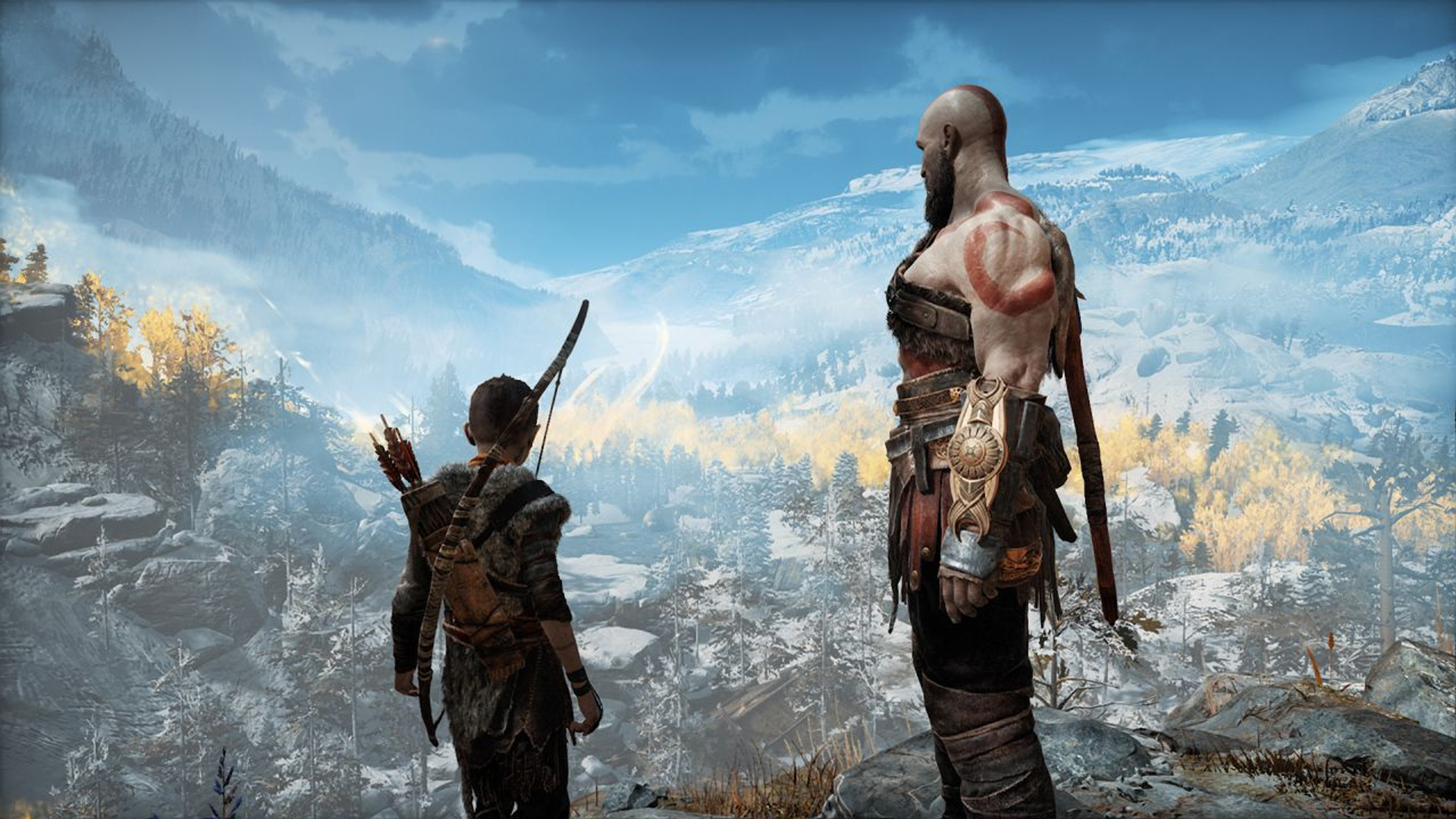
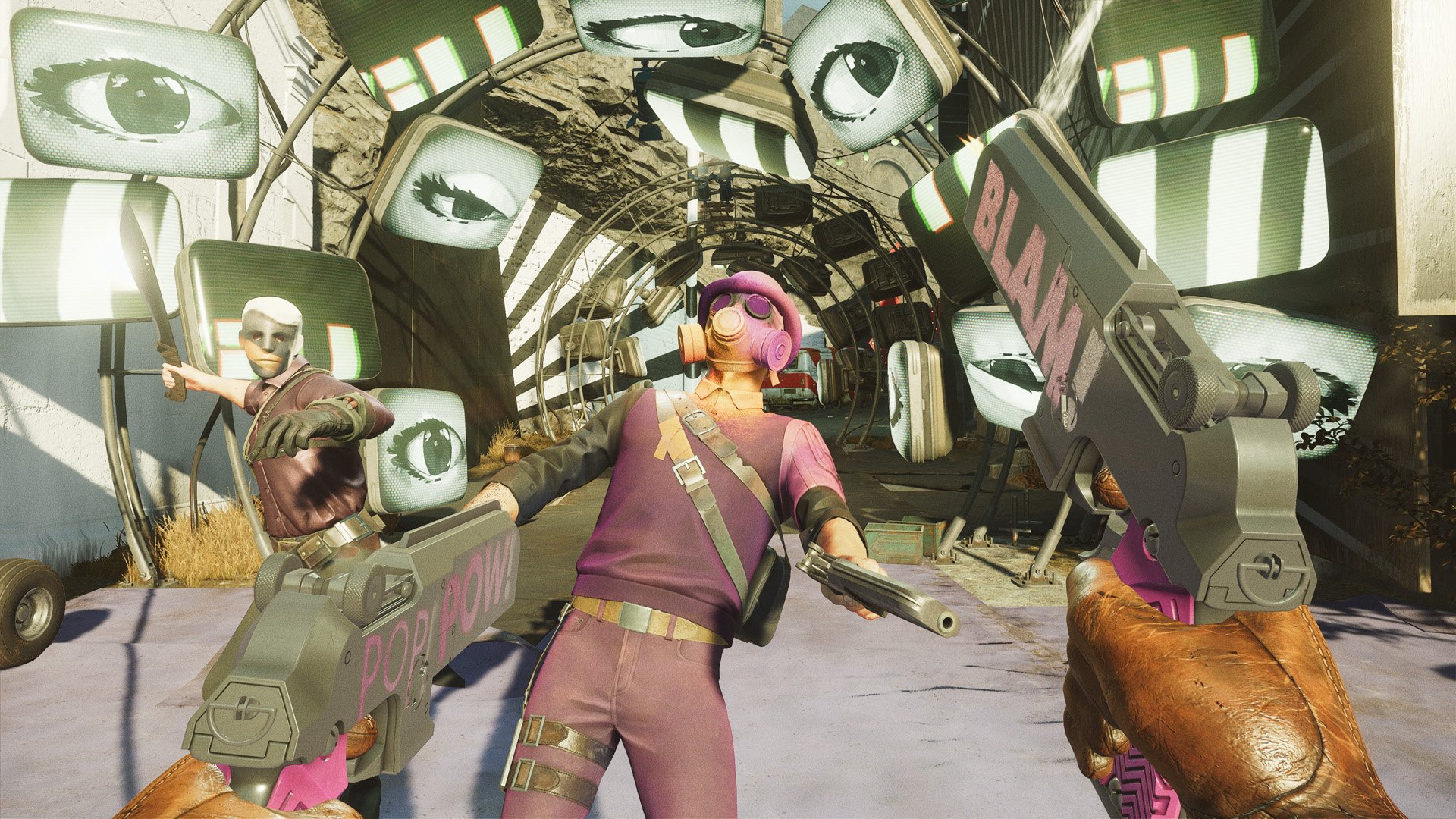
From Deathloop to Returnal, how 2021 became the year of the video game time loop
Sony's misleading PS5 marketing looks even less flattering when you compare it to what Xbox was saying around the same time. "Gaming is bigger than any one device," declared head of Xbox Phil Spencer, just one month after Ryan made the above comments.
"Gaming is about entertainment and community and diversion and learning new stories and new perspectives, and I find it completely counter to what gaming is about to say that part of that is to lock people away from being able to experience those games. Or to force someone to buy my specific device on the day that I want them to go buy it, in order to partake in what gaming is about."
Some may have found it disheartening to learn that games like Halo Infinite and Hellblade 2 would be launching on Xbox One in addition to the Xbox Series X/S, then, but at least you knew about it far in advance of the next-gen consoles' launch, and Microsoft's reason for doing so was always honest and understandable. Ryan, however, would go on to cast doubt on Spencer's expressed strategy, calling it "perfectly legitimate" but countering that Sony's "generation approach" was instead designed to "give gamers certainty that they're buying a true next-generation console."
Sign up to the GamesRadar+ Newsletter
Weekly digests, tales from the communities you love, and more
And yet that sense of certainty is nowhere to be found, as PlayStation fans have had to learn about presumed PS5 games being cross-gen through offhand comments hidden deep within PlayStation blog posts, or amongst the small print at the end of a new trailer. Microsoft, on the other hand, has remained clear and consistent in its messaging right through to launch and well beyond it, confirming specific platforms for titles that are still years off from release.
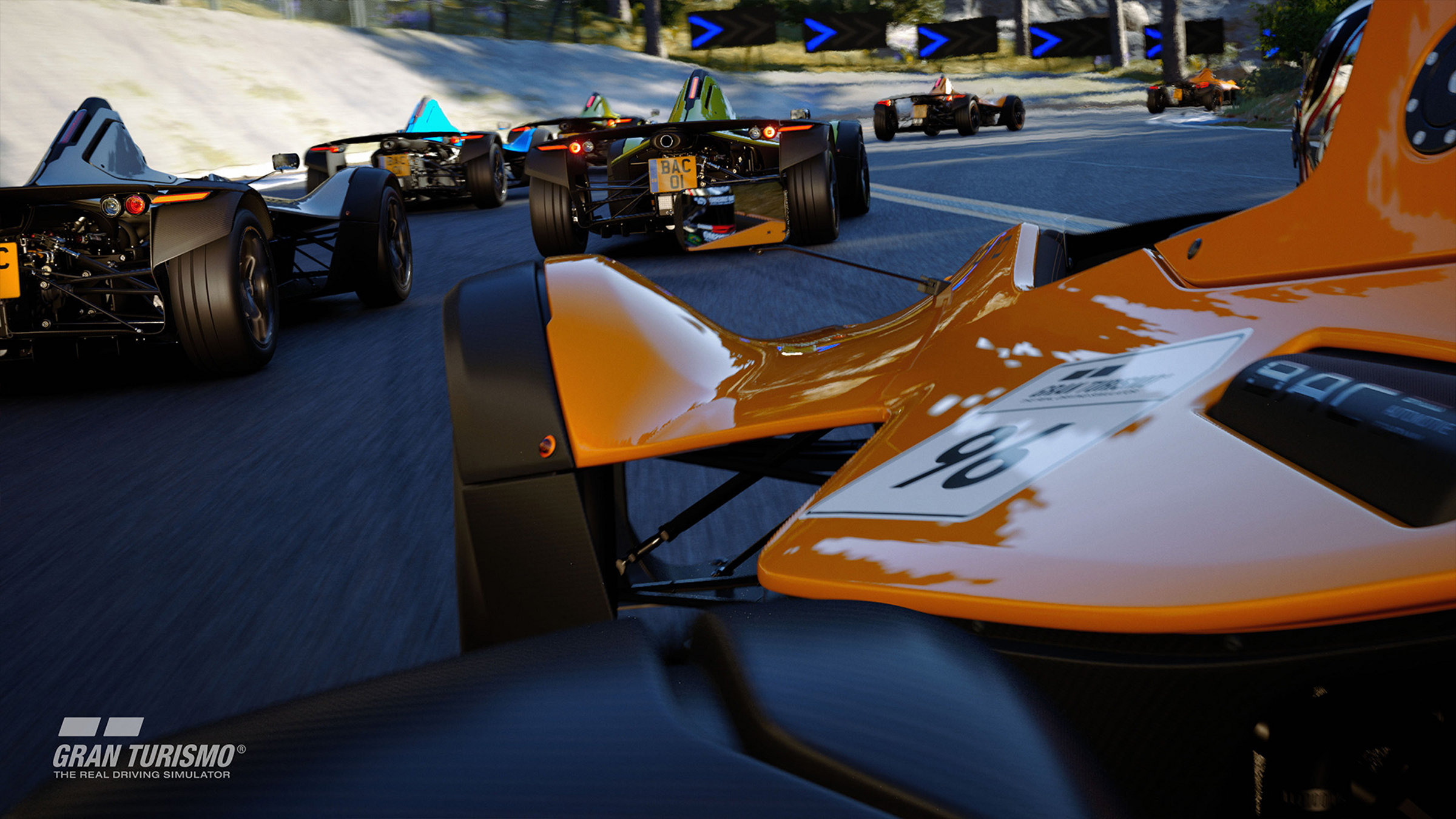
It's not a good look for PlayStation, reinforcing an image of the company as aloof and out of touch with its fanbase, no doubt leaving some early adopters to wonder whether they should have invested so heavily on a PS5 at release. Indeed, the PS5 marks the first console era in which Sony has released cross-generational first-party exclusives, so the question has to be asked: why?
What's changed, and more importantly, why didn't PlayStation telegraph that change more transparently in the run-up to PS5? According to Head of PlayStation Studios Hermen Hulst, focusing on entirely next-gen exclusive games for its first-party lineup is simply "not very good business".
"You can’t build a community of over 110 million PS4 owners and then just walk away from it, right?", he said in a recent interview. "I think that’d be bad news for fans of PS4 [...] and if they want to go on and play the PS5 version, that game will be there for them." That may be true, but it doesn't explain why PlayStation was saying the exact opposite just 12 months ago, before it had sold millions of PS5 consoles on the promise of its "generational approach".
Some have speculated whether titles like God of War 2 and Gran Turismo 7 were originally planned as PS5 exclusives, only to pivot to cross-generational launches in light of the pandemic's impact on PS5 production, which is likely to limit availability well into 2022. If that is the case, then Sony should make that clear, apologising for the confusion, laying out its reasoning, and making the case for why that decision is the right one. It owes an explanation to its user base, at the very least.
Future proof
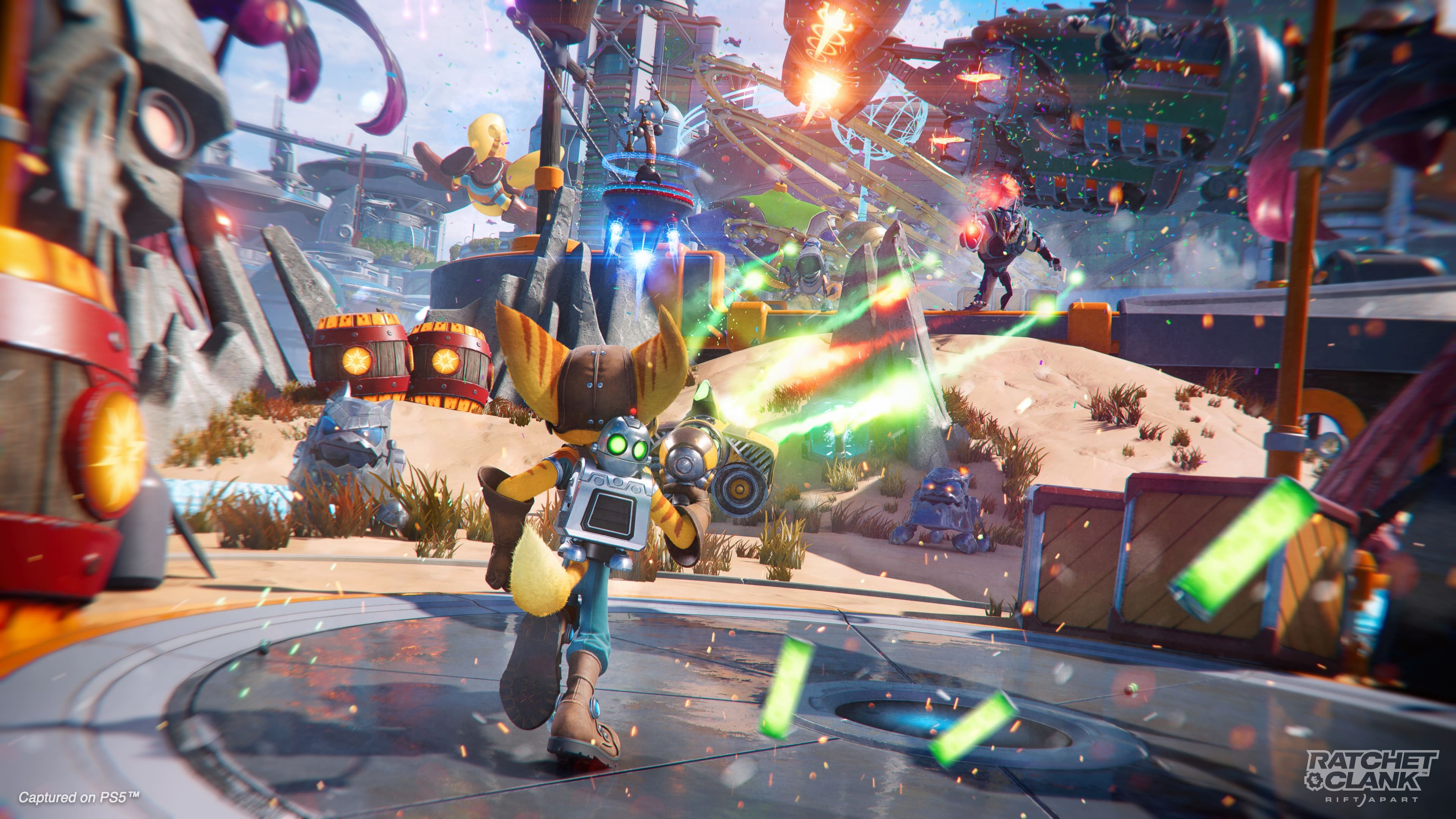
"PlayStation owes an explanation to its user base, at the very least."
To its credit, Hulst also confirmed that PlayStation Studios have over 25 titles currently in development, half of which are new IP, and presumably a similarly healthy number are next-gen targeted projects. And it's not like PS5 players have a complete dearth of games with which to showcase the console's features – Ratchet & Clank: Rift Apart will join Demon's Souls, Destruction AllStars, Returnal, and Astro's Playroom amongst its collection of exclusives when it launches later next week.
But that doesn't detract from the confusion and cynicism of Sony's messaging over the last year, where flip-flopping and obfuscation has undermined player's trust in the PlayStation brand, and what it actually stands for at this critical juncture in time. It doesn't matter what way it lands, but Sony needs to answer the following question definitively and publicly before it continues to erode that trust even further: does it believe in generations or not?
For more, check out the best FPS games to play right now, or watch more of our Deathloop preview in the video below.
I'm GamesRadar's Features Writer, which makes me responsible for gracing the internet with as many of my words as possible, including reviews, previews, interviews, and more. Lucky internet!



